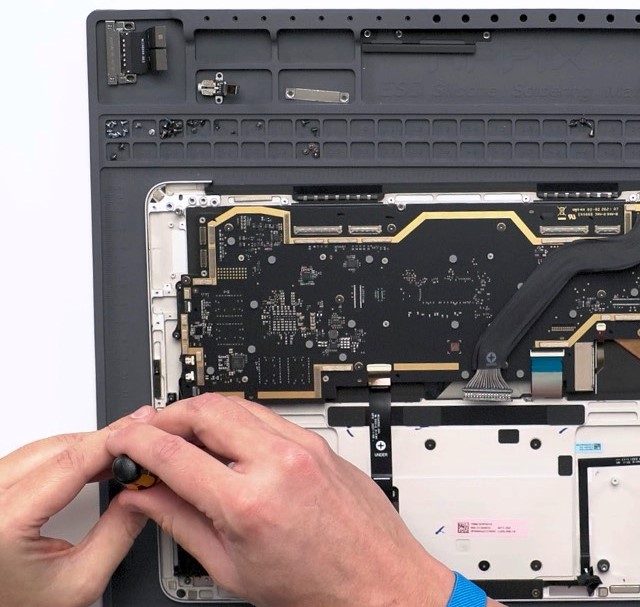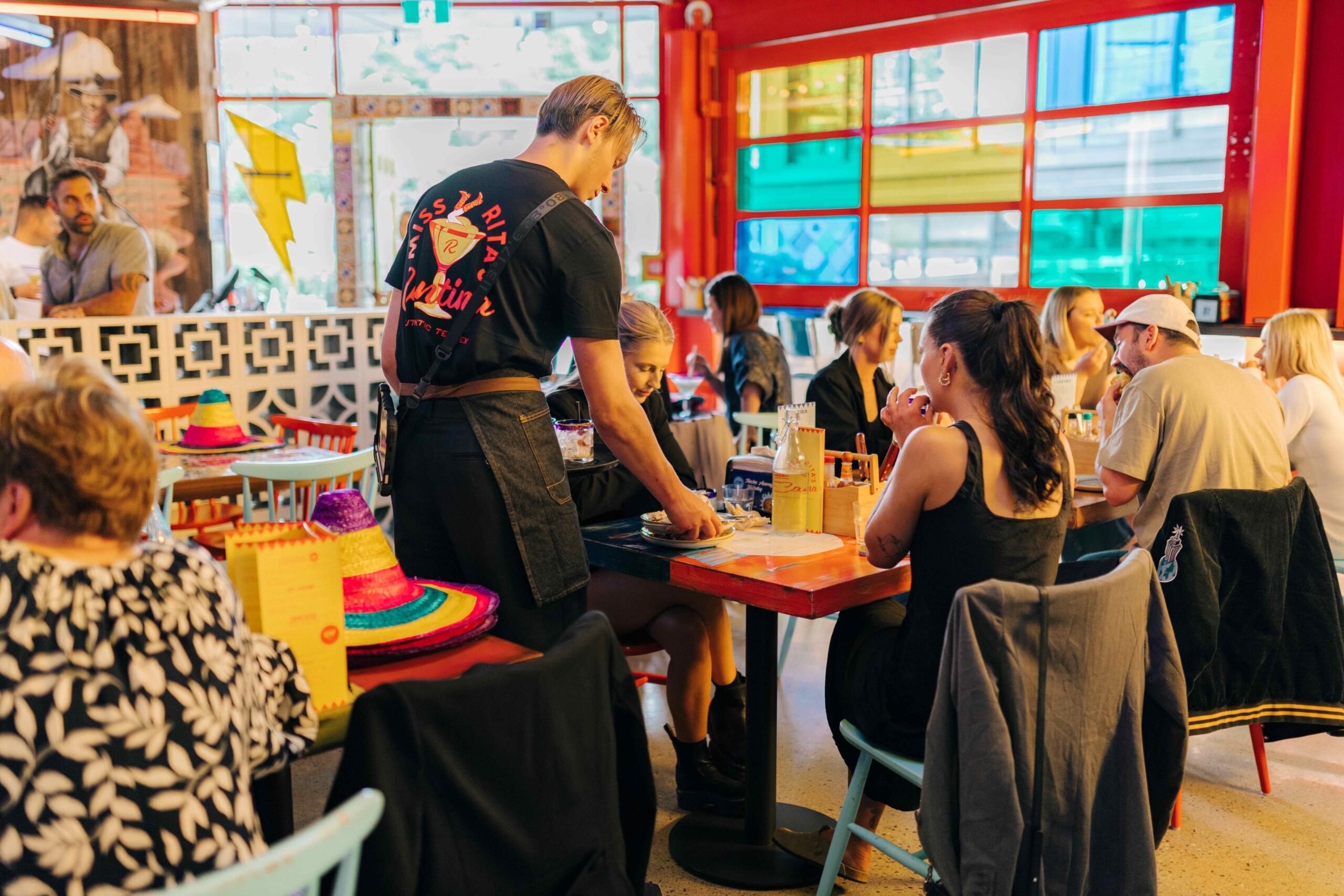SME community spirit alive and well
In the run up to its fourth annual Closed for Good community initiative, a new BNZ survey shows that the operators of New Zealand’s small and medium sized businesses are not shirking their responsibilities when it comes to long term community support.
911
In the run up to its fourth annual Closed for Good community initiative, a new BNZ survey shows that the operators of New Zealand’s small and medium sized businesses are not shirking their responsibilities when it comes to long term community support.
The nationwide BNZ Spotlight on SME Community Support survey – covering 508 companies from the BNZ Voice market research customer panel – takes a close look at the many ways that NZ SMEs are active in their community.
Highlights of the survey:
• 74% of SMEs agree all businesses should support their communities
• 58% currently support local community groups or charities
• Long term support is more prevalent than short term
• 1 in 4 businesses (that support) expect to increase their level of support in the coming year
• 78% do not expect a ROI from their community support
• Most do little to publicise their support for the community
BNZ Director Retail, Andy Symons, says that SME operators and managers are closely connected to their communities, and play a major role in supporting charities and other groups in their local area.
“Considering the significant contribution SMEs make to our economy as employers and innovators, it’s heartening to see that they are still helping others, even in this tough business climate. Three quarters of our survey respondents agreed that all businesses, regardless of size, have a role to play in supporting local communities.
“Nearly 60% of businesses currently support local community groups or charities and another 14% had previously done so. A further 18% would consider doing so in the future and a small minority ruled out any form of support now or in the future.”
Schools and playgroups and sports teams or clubs were the most common forms of ventures supported, followed by charities supporting those in financial hardship, children’s groups such as scouts and brownies and religious based organisations. Hospice and health charities, local fire brigades, environmental projects, Lions and Rotary Clubs also featured on the list. Some of the most unusual groups supported included donkey rescue, greyhounds as pets and the campaign against human trafficking.
Donation of money was the most common type of support provided, featuring in 71% of all cases, followed by donated goods and services. Volunteer time was especially significant in religious, cultural and educational groups. Programmes where businesses encourage their customers to donate were rare.
“There are many ways that businesses can help community groups,” says Symons. “The support doesn’t have to be monetary. It could be expertise or some other form of assistance. If monetary support is out of the question, consider other ways to get involved.”
The reasons for supporting community groups were varied, but a strong moral code is evident, says Symons.
“Business owners believe that community giving is the right thing to do which speaks volumes for their character and connectedness to their communities. Many recognise the need in their communities and the difference that support can make. They’re telling us that it feels good to give back to the causes they believe in.”
Most SMEs provided long term on-going support to community groups, but there was also a significant amount of one off support.
How and when a business chooses to involve itself with community groups is generally guided by the owner’s interests, but there was plenty of scope for ad hoc requests, with nearly a quarter saying they responded to requests received. In many instances no specific criteria is applied, with applications judged on merit alone rather than being compared to policy or guidelines.
In the past 12 months new requests for assistance were received by three quarters of the respondents, and of those, 61% chose to take up one or more causes.
Most businesses had no expectations of a return on investment from their community giving programme, and did little to publicise their involvement with community groups.
SMEs should do more to publicise their support for community groups, says Symons.
“While publicising one’s good works might not come naturally to SME owners, sharing their passion and support for their chosen charity or community group in the right way, can benefit not only the business, but could also lead to more donations for the cause. That’s a win:win outcome that’s worth thinking about.”






